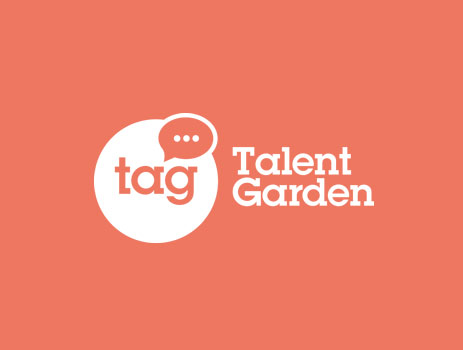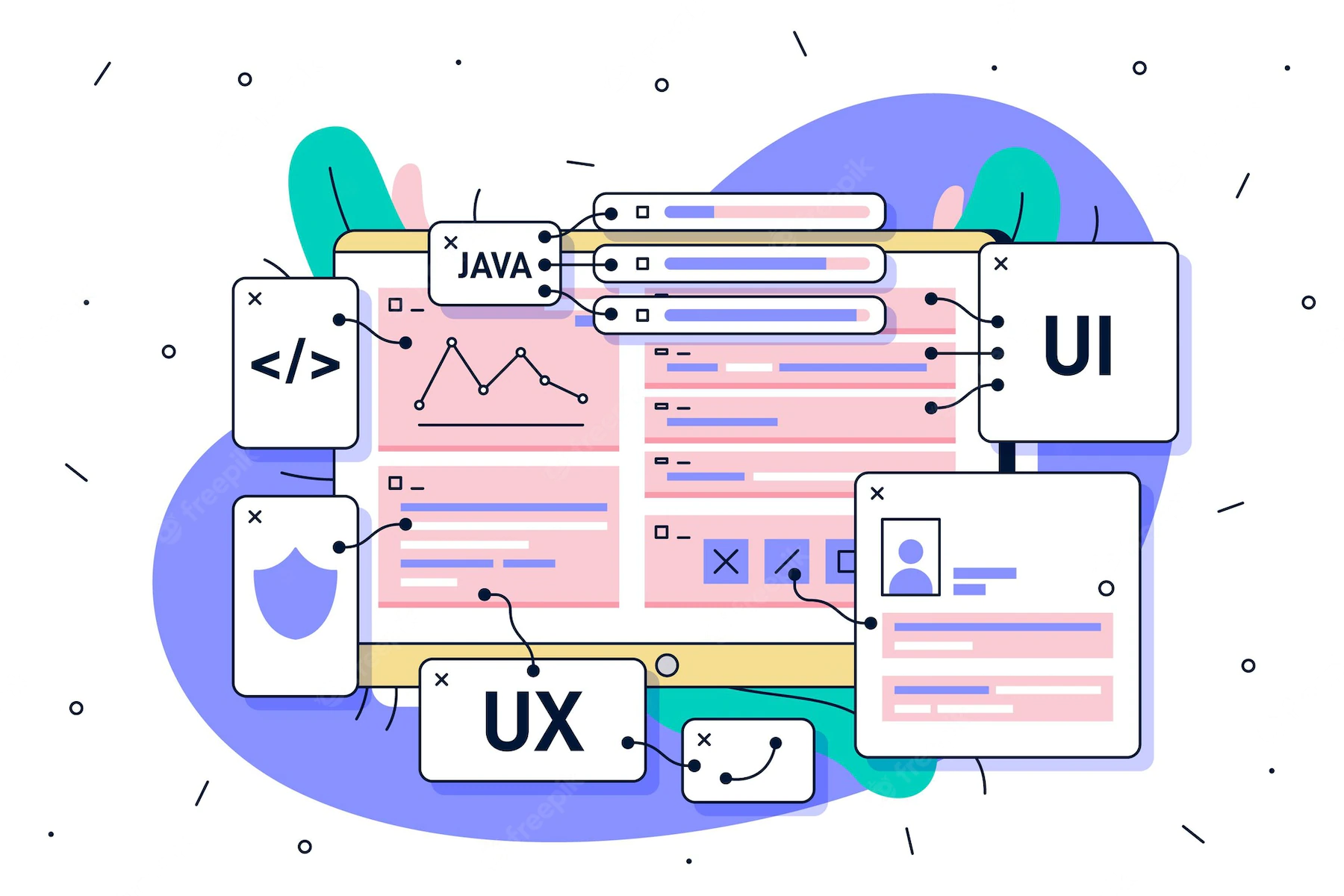Data
6
min read
Data Analysts: who are they, what do they do, and how much do they earn?


Don't you want to read? Try listening to the article in audio mode 🎧
In an increasingly connected world, the data analyst sits at the interfaces of statistics, business, IT and communications. So it's no surprise that this job profile is extremely sought after on the job market. But with big data sets comes big responsibility.
For this job, you need to be an analytical mastermind who can also think abstractly. In return, you get the unique opportunity to play a leading role in the company's product, process or company developments.
What is the best way to get your first job in Data Analytics? What tools can you use to build your skills in the most efficient and effective way? Just take a few minutes, because we have all the answers.
What exactly is a Data Analyst?
One of the most common definitions online states that data analysts "translate numbers into plain text." Starting with unformatted or unstructured data, they create analyses that should ultimately lead to better business decisions. This could mean figuring out how to price new materials for the market, how to reduce transportation costs, solving problems that are costing the company money, and more. Based on the special subject, there are different types of data analysts in the workforce, including operations analysts, marketing analysts, financial analysts, etc.What is the difference between a Data Analyst and Data Scientist?
Unlike the Data Analyst, the Data Scientist is also a professional in interpreting data but also has knowledge in coding and mathematical modeling. He or she can do the work of a Data Analyst, but also practice machine learning, have advanced programming skills, and create new processes for data modeling. A well-trained Data Scientist is therefore above the Data Analyst in terms of know-how and experience and is accordingly even less common on the job market.What makes a great Data Analyst?
As in most professional fields, there are must-haves and nice-to-haves. We'll focus primarily on the former:- A high level of mathematical skills: Analyzing data requires statistical knowledge and good comfort with formulas. As a data analyst, you should have good math skills and be able to solve common business problems, e.g. compound interest, depreciation, statistical ratios (e.g. mean, median, mode), etc. It is important to be familiar with linear algebra at a high level because you will be exposed to it in most data analysis.
- Programming Languages: As a data analyst, you should be proficient in at least one, preferably several programming languages. The most important ones are undoubtedly R, Python, C ++, Java, MATLAB and PHP.
- Data management and processing: You should be familiar with languages such as R, HIVE, SQL, etc. to create the desired queries. After you have analyzed the data, you must be able to create accurate reports. Some common tools are SAS, Oracle Visual Analyzer, Microsoft Power BI, Cognos, Tableau, etc.
- Domain knowledge and excellent communication skills: The job of a data analyst is to provide detailed and accurate information to decision-makers. Therefore, a data analyst needs to understand not only the data but also the different requirements for its results. Good communication skills are therefore essential.
- Microsoft Excel: Unfortunately, possessing a computer driving license will not suffice here. A data analyst must be able to use Excel to its full potential in order to best organize and calculate their data. You can find a current list of the best Microsoft Excel online courses here.
How much does a Data Analyst earn?
A good salary is always a good argument for a job. According to datacareer.de, the average gross annual salary for a data analyst in Austria is €41,900. With appropriate work experience and additional qualifications, it can be up to €60,000 in this professional area. Compared to the rest of Europe, this is not bad at all. The average gross annual salary here is around € 35,800. But what is it like in the other markets?- Italy: € 24,700
- Spain: € 30,100
- Ireland: € 36,800
- Denmark: € 59,500
How do I become a Data Analyst?
Did this motivate you to start a career as a Data Analyst? Congratulations! You've chosen a lucrative, geographically flexible, and extremely secure career in an up-and-coming field. To help you get started right away, we've summarized the most important reference points for you:Each of these books will get you closer to your goal:
- Data Analytics Made Accessible, by A. Maheshwar: If we had to pick one book for an absolute newcomer to the field of data science, this would be it. Data Analytics Made Accessible explains data analytics in a simple way and promotes basic understanding through concrete real-world examples, an intuitively organized layout, and summary case studies at the end of each chapter.
- Python Data Science Handbook, by Jake VanderPlas: Recent data shows that Python is still the leading language for data science and machine learning. As a data scientist, you will work on numerous tasks. However, the majority of your time will be spent processing data and cleaning data. That's where the Python Data Science Handbook comes in.
- Predictive Analytics: The Power to Predict Who Will Click, Buy, Lie, or Die by E. Siegel: We included Predictive Analytics in our list because it unlocks the power of Big Data like no other. From a business perspective, predictive analytics is used to analyze current data and historical facts to better understand customers, products, and competitors, and to identify potential risks and opportunities for a company.
- Data Smart: Using Data Science to Transform Information into Insight, by J. W. Foreman: Microsoft Excel - infinite tabular vastness. Data Smart is a useful read for anyone with some background in applied mathematics and an installed Microsoft Excel. An absolute recommendation for all business professionals who work with data sets.
- Creating Value with Social Media Analytics, by Gohar F. Khan: If you want to do a lot of work with data, you should also be familiar with the most important KPIs in the social media world. This latest content from Khan provides a clear and concise understanding of how to create business value with social media data. Some prior knowledge is definitely an advantage for this read.
Which experts should you be following?
- Dean Abbott is co-founder and chief data scientist at SmarterHQ and founder and president of Abbott Analytics. He is co-author of the IBM SPSS Modeler Cookbook and author of Applied Predictive Analytics. Follow his blog.
- Kenneth Cukier is a data editor at The Economist. He is the co-author of "Big Data: a revolution that will change the way we live, work and think" and a well-booked speaker. Find one of his many fascinating TED Talks here.
- Bernard Marr, founder and CEO of the Advanced Performance Institute, regularly advises companies and government organizations on how to get better insights from their data. He contributes to the World Economic Forum and is listed by LinkedIn as one of the world's top 50 business influencers.
Which tools are essential for Data Analysts?
Gone are the days when you could tame existing data volumes with a single tool. Nowadays, it already takes more and especially the following 5:- Microsoft Excel: This classic data analysis tool offers a wide range of functions, from sorting and manipulating data to displaying that data in the form of charts. It can be used for all types of arithmetic operations, as well as statistical, technical and financial operations.
- SAS: SAS is a software suite developed by SAS Institute for advanced analytics, predictive modeling, business intelligence and data management. It offers numerous data management and data analysis tasks and is a great analytics tool for experienced users. SAS can handle pretty much any type of statistical modeling, as well as large data sets with ease.
- R Programming: The direct competitor for SAS is R, a programming language and software environment for statistical computing and graphics. It is an excellent tool that can be used to perform any type of statistical analysis. Moreover, it is open source and free software to experiment with. R has a strong package ecosystem that makes working with it much easier.
- SQL: Structured Query Language is a special programming language for communicating and managing a database, especially in an RDBMS (Relational Database Management System) or RDSMS (Relational Data Stream Management System).
- Python: Python is a widely used general-purpose programming language that is easy to learn, contains easy-to-read lines of code, and is open source. It is very fast and has a large library base for statistical analysis.
Learn Business Data Analysis online at Talent Garden Innovation School
Discover Talent Garden Innovation School's part-time Business Data Analysis Online Program. In just a few weeks, you'll learn everything you need to know to deal with massive amounts of data and emerging technology. Apply now!
Article updated on: 09 August 2023

Don't Waste Your Talent. Turn It Into a Career With a Course That Fits Your Needs!
Talent Garden is your Digital Skills Academy, offering courses in Digital Marketing, UX Design, Digital HR and Data Analysis designed to launch your career.
Keep reading

4
min read
What Project Managers do, how to become one and how much they earn
Nowadays companies, whether large or medium-small, or even startups, are increasingly resorting to project management ...
Talent Garden
12/05/2022

2
min read
What is the Difference between a CoWorking place and a Shared Workplace?
If you look up the definition of Coworking, it will give you the Oxford Dictionary definition saying “The use of an ...
Talent Garden
07/12/2017

4
min read
Atomic Design: what it is and why it is important in UI
The definition “design system” indicates a set of specifications that allow the creation of consistent user interfaces ...
Talent Garden
10/03/2022

3
min read
Apple UI Design: What Does Really Matter?
User interface (UI) design can often be one of the last things teams consider when creating iOS applications. This can ...
Talent Garden
25/10/2021
